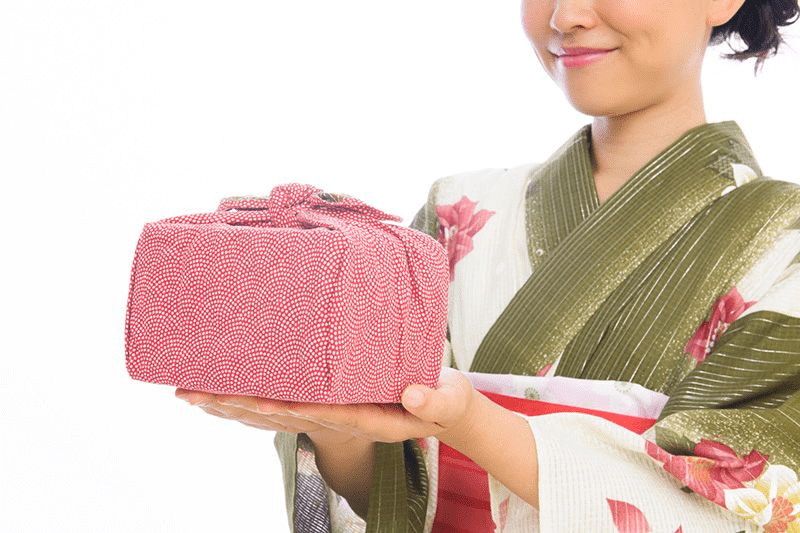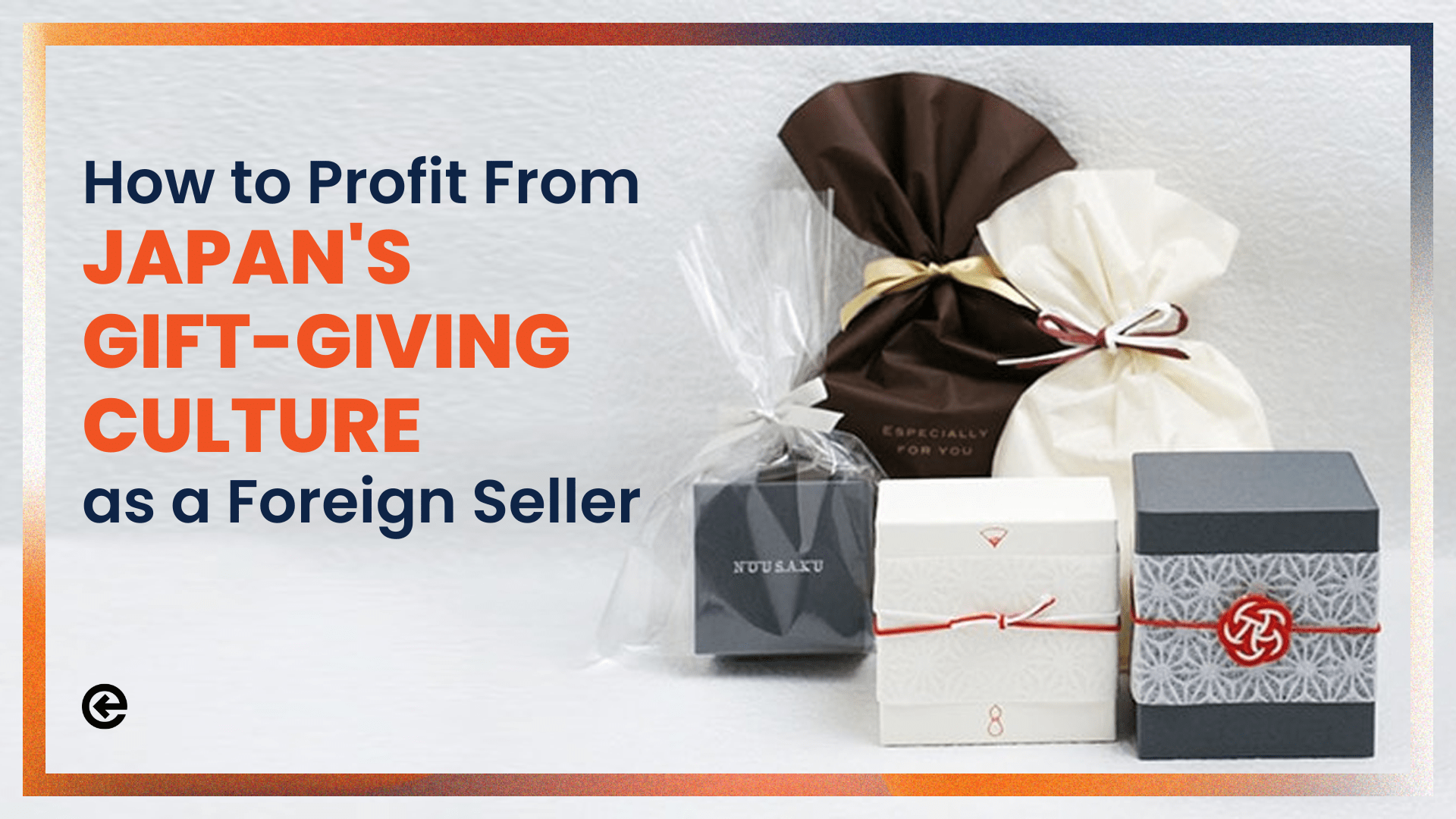How to Profit From Japan’s Gift-Giving Culture as a Foreign Seller
Brands, department stores, and online shops sell gifts all year round. For that reason, it can be a lucrative deal for your business to sell products as presents. You can find gift sets for every occasion, season, or event. Giving and receiving gifts is an important part of Japanese culture. It helps to build relationships and show gratitude to others.
Here is how you can benefit from Japan´s gift-giving culture.
Is It Common to Give Presents in Japan?
Japanese culture emphasizes gift-giving. Presents are given for different reasons. Pre-made sets of food, cosmetics, and more are sold the most. As a brand, you can offer such sets to attract customers all year long. Occasions like birthdays, weddings, Valentine´s Day, and Christmas are opportunities for gift-giving. However, seasons such as Ochugen and Oseibo are still more relevant than personal celebrations for gift-giving.
Do Japanese People Give Gifts at Christmas and on Birthdays?
Birthday and Christmas presents are not common in Japan. Due to Western influence, young families and people started to exchange gifts. Popular gifts are alcohol, toys, food, cosmetics, electronics, and household appliances.
Here you find more information on what people buy during the holiday season.

Japan´s Most Common Gift-Giving Occasions
Ochugen
Ochugen is a summer gift-giving tradition. You express gratitude towards elders or people of higher rank. They can include your family, teachers, colleagues, and friends. As presents, you can buy local foods or drinks. Often you wrap them in white with red ribbons that symbolize luck and fortune.
Oseibo
You exchange Oseibo gifts in December. It is a way to show appreciation for the favors that you received in the past year. Presents can be given to family, friends, colleagues, suppliers, vendors, and customers. Those gestures include consumable goods such as food, snacks, alcohol, or household items.
Okaeshi
Okaeshi is a gesture of appreciation for a gift you received. You thank your coworkers, friends, or family by gifting them. Normally, it costs around half as much as the original present. It can include snacks, soft drinks, household items, or alcohol. These thank-you gifts are given at funerals, weddings, and births.
Omiyage
Omiyage is more than an average souvenir for your family, co-workers, and friends. When you return home from traveling, they expect to receive a present. Local items such as snacks, beverages, or handmade things are favored. Prices can range from 500 Yen to 5000 Yen or more. Often, you will find so-called Omiyage shops in train stations or at airports. They sell not only local but also international souvenirs.
Weddings
Money is traditionally given to the bride and groom at Japanese weddings. Upon receiving this gift, the giver’s name and the amount are written on the envelope. You can add other wedding presents depending on how close your relationship with the couple is.
Valentine’s Day and White Day
Japanese people also celebrate Valentine’s Day with gifts. Chocolate is a gift given to colleagues, family members, or a romantic partner by a woman. On White Day, the male receiver returns the favor with chocolate or jewellery.
Why Is Gift-Giving Important in Japan?
Japanese cherish gift-giving as part of their culture. The act of selecting and presenting a gift is often more important than its value. Exquisite decorating of gifts is essential. For example, it´s recommended to use a bag while handing over an unwrapped gift to hide the missing wrapping paper.
Products are often wrapped in fabrics. This traditional wrapping technique is called Furoshiki. It is eco-friendly as you can reuse the fabric to pack future gifts. As a seller, you can offer products packaged as gifts that please the Japanese eye. You can add a bag or decoration. That creates an outstanding experience for the giver and receiver of your products.
5 Things to Consider When Offering Gifts to the Japanese Market
According to this article, there are some Do´s and Dont´s when it comes to Japan´s gift giving culture.
- Don’t offer gift sets of 4 or 9 items as they are unlucky numbers.
- Provide sets of 2, 3, or 8 items as they are considered lucky.
- Refrain from the color red as it´s used for funerals.
- Choose color schemes that are complementary to Japanese culture, such as pastels.
- Research your product class and competition to understand the gift-giving market.
How COVUE Can Help You We at COVUE understand the cultural nuances of Japan. Our bilingual teams integrate them effectively to scale your business. With our End-2-End Japan Market Entry Services, we provide you with everything you need. Whether you want to get started in Japan or you want to take your business to the next level, we are here to support your business goals. Our services include Importer of Record, a complete eCommerce set-up, fulfillment, marketing and more.


